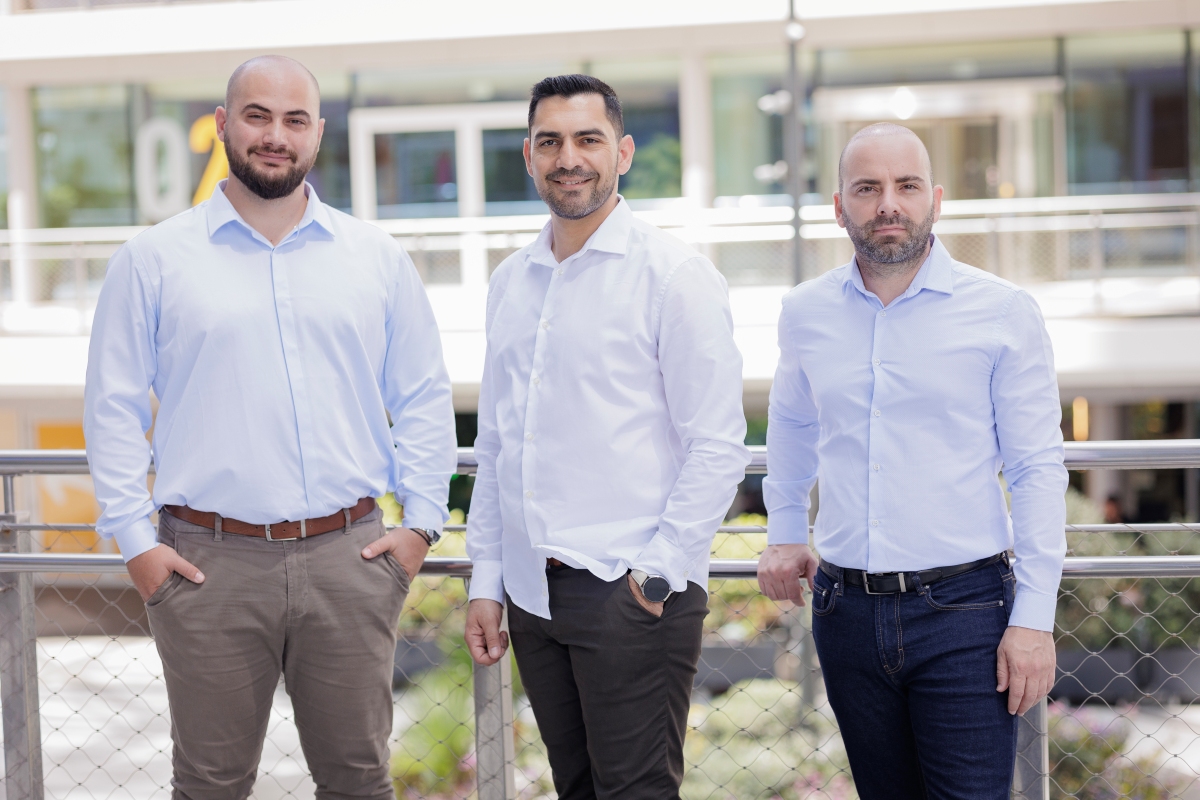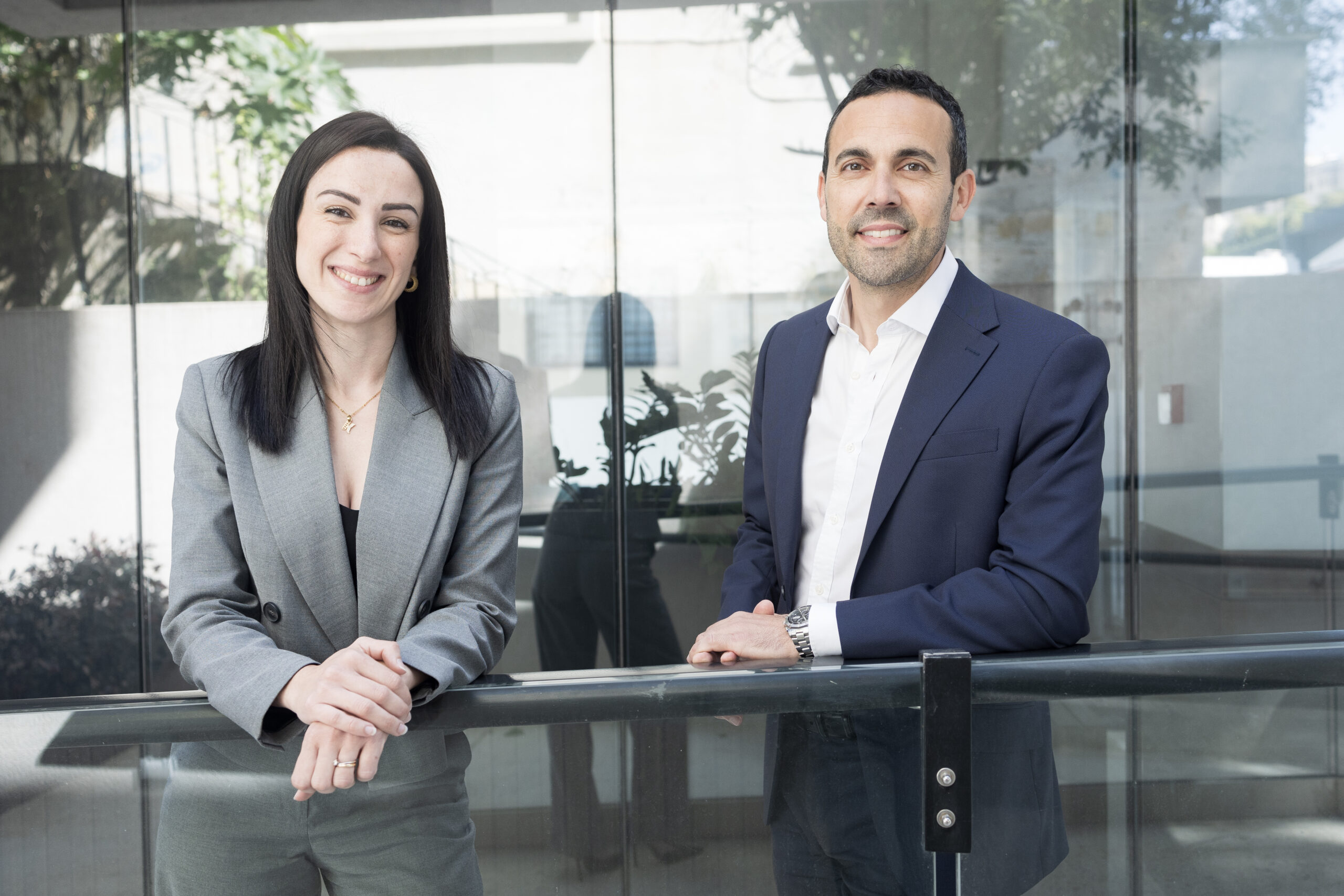More than one in five residents in Malta are now of foreign origin, with an ever-increasing number originating from outside the European Union. Recently, Government acknowledged that a policy shift is underway to limit Malta’s excessive population growth, and clamp down on businesses whose operations are based on an endless supply of Third Country Nationals (TCNs), who often end up exploited.
As part of a feature first carried in Business Now magazine, the sister publication to BusinessNow.mt, detailing the various impacts the influx of TCNs Malta has experienced over the past decade, Lara Camilleri, chief operations officer at recruitment agency Konnekt, was asked to weigh in.
Ms Camilleri uses her professional experience to reflect on the realities that many businesses have faced over the years: “The need for TCNs over the past 10 years has steadily been on the rise and has been felt across industries from financial services to tech to manufacturing,” she says.
This is because “the local market cannot keep up with the demand for talent, so the increase of TCNs in Malta was not just a ‘nice to have’ scenario, but an unavoidable one, if we wanted to ensure we’re on the map vis-àvis foreign direct investment and economic growth.” The size of the island’s local population has played a substantial role in this regard.
“Given that the talent pool locally is relatively small, having this injection of talent obviously supports businesses locally to continue to grow and maintain the smooth running of their operations.” However, today, the “‘wait time’ to onboard TCNs can take anywhere from three to six months because of delays to get appointments and to process their paperwork.
So, some employers are tentative about going down this route, even when they have urgent vacancies to fill,” she says. As a result, she continues, “we have a catch-22 situation: you have a recruitment need; you know you will struggle to source locally, but you also know that it will take an extraordinary amount of time to find, relocate and get a work permit for a TCN – so what are you left with?”
The COO insists that changes on a national level are necessary, “otherwise we are setting ourselves up for failure.” To prevent this, the island “will most certainly need to find a way to be significantly more efficient and completely revamp the way work permit applications and renewals are processed, to make it more practical and sustainable for businesses locally to maintain operations more seamlessly.”
Whether Government’s drive to stem the tide of foreign workers reaching Malta in a way that does not overly hamper growth opportunities for the local business community remains to be seen. In the meantime, stakeholders continue to weight in on how Government should implement such a policy decision, including limiting the number of workers entering the public sector.
These comments were first carried in a feature on Business Now 2023, the sister print brand to BusinessNow.mt, both produced by Content House Group
Malta’s next leap: Secured
How ESET delivers enterprise-grade security to meet Malta’s digital ambitions
Mastering the language of business: How BELS is crafting bespoke training for a dynamic economy
BELS Malta Director of Studies Arianna Muscat on how the language school helps companies equip their teams for success.
Built differently – CLA Malta offers custom solutions in a cookie-cutter landscape of tax advisory and business
Their client-centric philosophy extends far beyond conventional consultancy.






